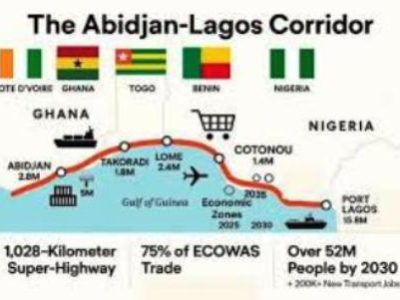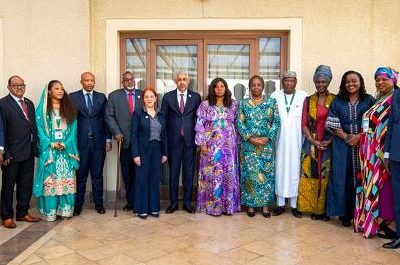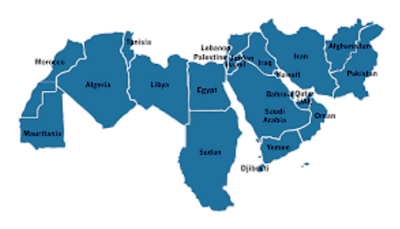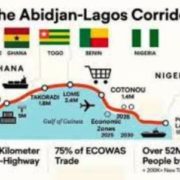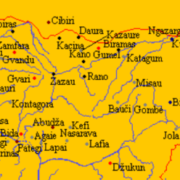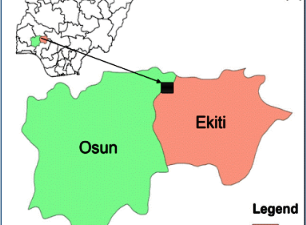EXX Africa publishes a special report on Benin as a paradigm for improving country risk in Africa.
EXX Africa conducted a comprehensive review of the political, economic and security risks facing the country in the coming year and years.
Since 2016, the government has embarked on a comprehensive plan for economic diversification and strengthening of the internal market to make the economy more resilient and to avoid the exogenous shocks to which it was exposed.
The Beninese government has also recently adopted a new progressive constitution and a set of laws aimed at strengthening the country’s institutions and enhancing transparency. These actions should reassure the international community about Benin’s future prospects.
Based on the findings of this report, EXX Africa views Benin as a paradigm for improving country risk in Africa, based on concrete measures taken by the government to mitigate the remaining risks and overcome current challenges.
For any further comment or a full copy of the report, please contact www.EXXAfrica.com
The Republic of Benin is a country in West Africa. It is bordered by Togo to the west, Nigeria to the east, and Burkina Faso and Niger to the north. The majority of its population lives on the small southern coastline of the Bight of Benin, part of the Gulf of Guinea in the northernmost tropical portion of the Atlantic Ocean.
The capital of Benin is Porto-Novo, but the seat of government is in Cotonou, the country’s largest city and economic capital. Benin covers an area of 114,763 square kilometres (44,310 sq mi) and its population in 2018 was estimated to be approximately 11.49 million. Benin is a tropical nation, highly dependent on agriculture, and is a large exporter of cotton and palm oil. Substantial employment and income arise from subsistence farming.

